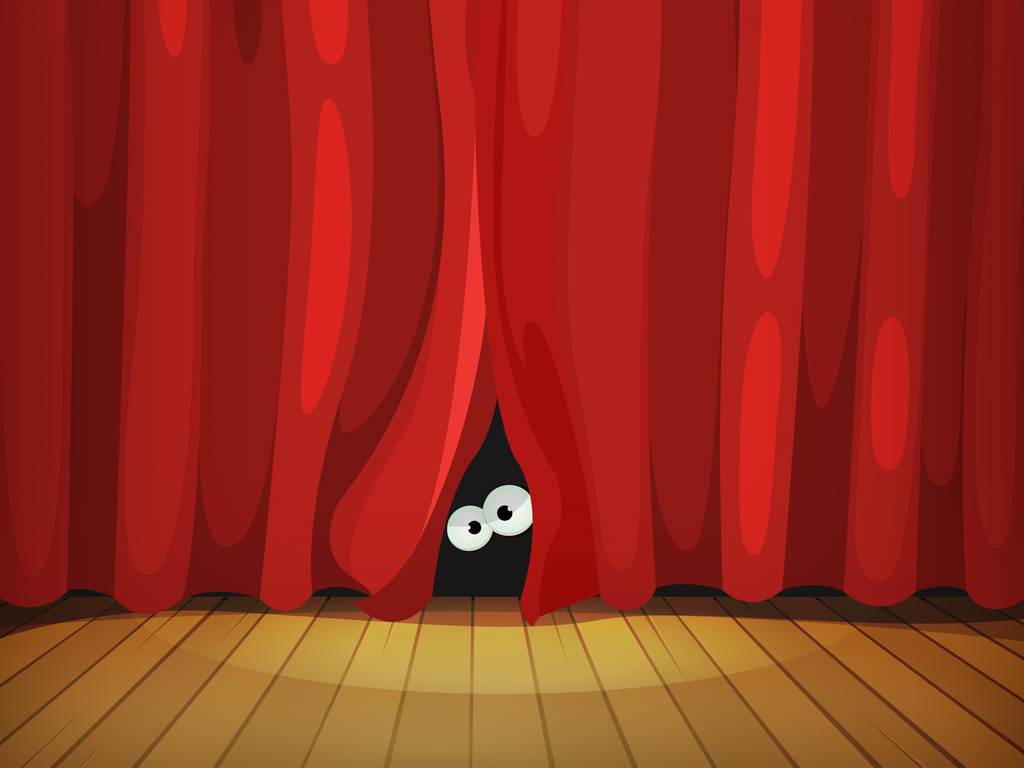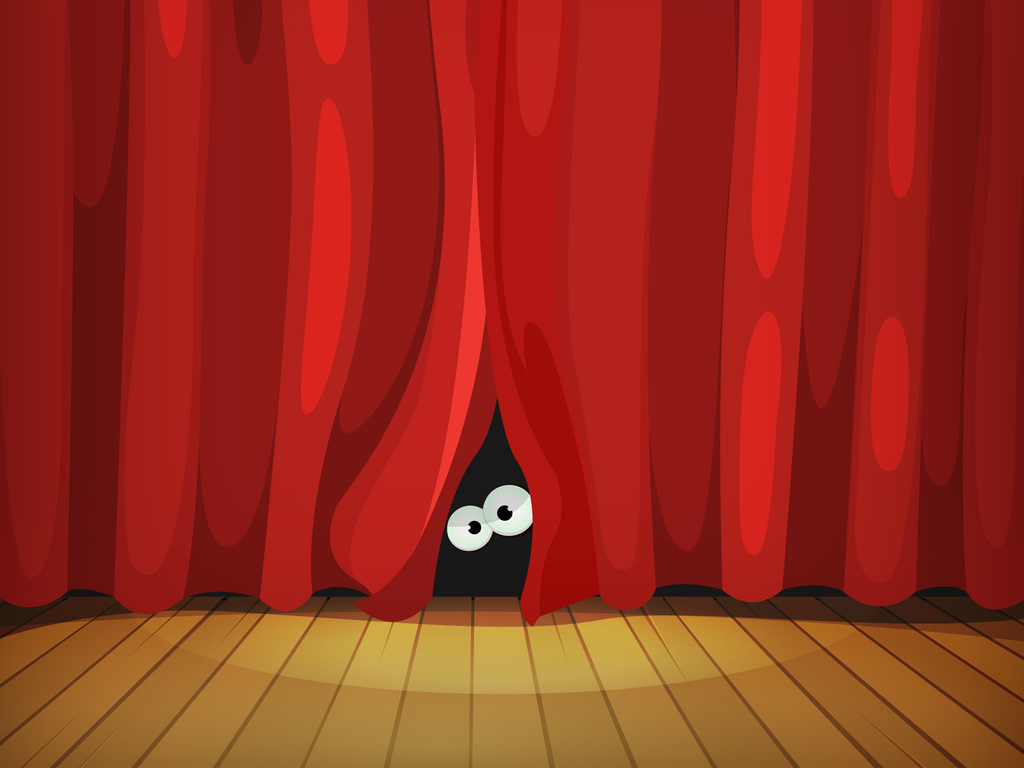
Well no one wants to have a bad performance! Musicians, standup comedians, public speakers, dancers, actors, even teachers – most of their careers depend on performing. These people work hard practicing, creating lesson plans and programs, and things can be planned out and scripted to the letter. But that’s the funny thing about performance – you can prepare as much as you want to, but ultimately there will always be things in a performance that are out of your control.
I tell all my students that I make mistakes in performances all the time – nobody’s perfect, and neither am I.
Prepare your material. Even though there will most certainly be factors of your performance that will not be possible for you to control, control what you can. You can control your material. Even before you start preparing your material, you can think about who your audience is, what kind of space you’ll be performing in, how long (or short) your performance needs to be, and what kind of visuals you’ll need to have (and this includes your attire). Tailor every performance to the audience, space, and time, and your audience will take your message home.
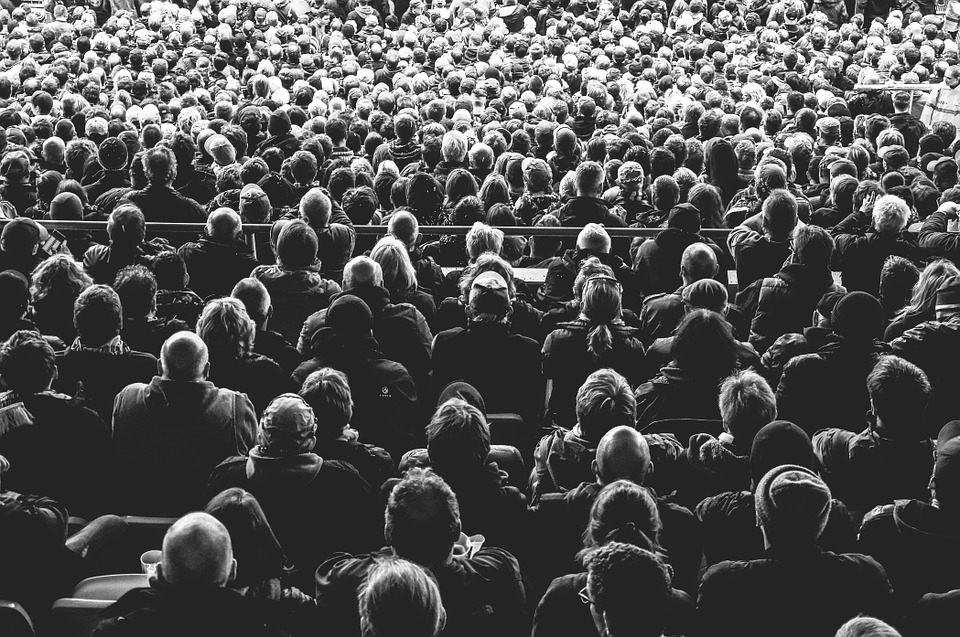
Prepare your body. Get a good night’s sleep the night before the performance. Drink plenty of water and eat healthy. And please do eat – you won’t be good to anyone on an empty stomach. Do yoga. Seriously. I’m not a regular yoga-doer, but I make sure I do a short easy session on performance days. It stretches and engages my muscles, and centers and relaxes my mind. The best performances of my life were ones I did on a day that I did yoga.
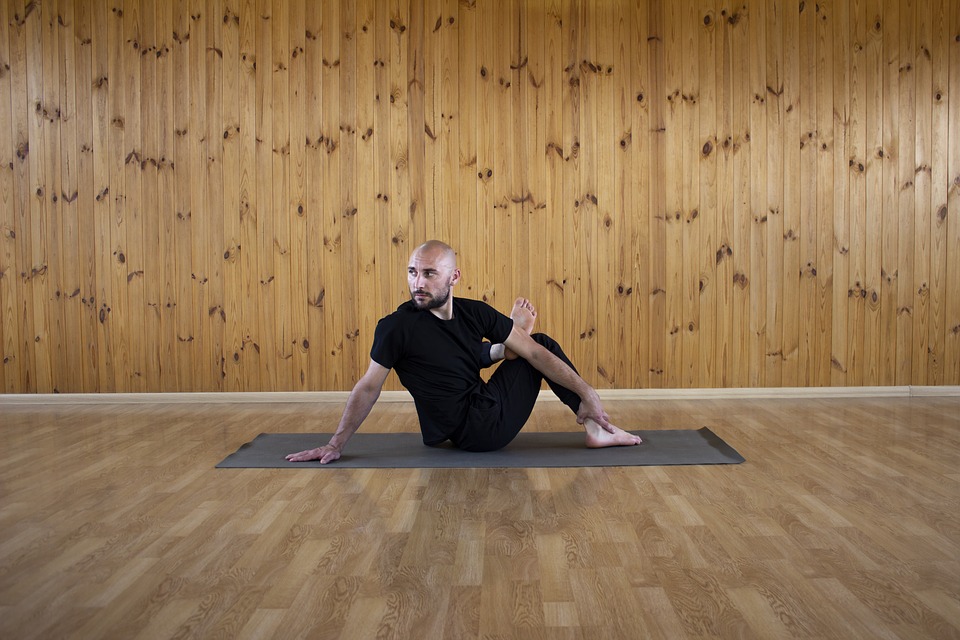
Control the more immediate stuff. Now you can see how much “control” is a factor in performance. So in that vein, try to knock out any other variables. If possible, have a dress rehearsal in your performance space. You’ll get used to the space and acoustics (although that will be different when there are more bodies in the space), and most importantly you’ll get to run the space-specific visual aids, lighting, and technology elements you may have. For me, if I can get the tech stuff going right the day prior to the performance, I sleep a lot better. On the day-of, take out all other variables by bringing food, water, and a sweater you can wear on stage in case you get cold (I can’t play my instrument when I’m cold!). Arrive in plenty of time to park, load in, set up, warm up, and relax a little bit. It’s ok to be so early you have to kill time.
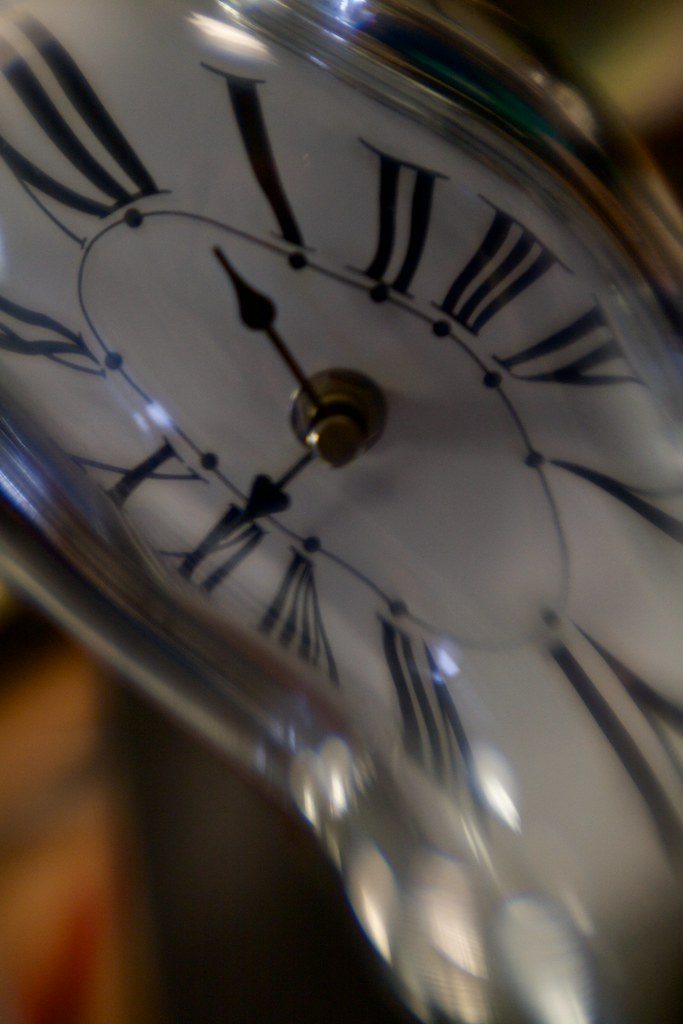
Still need help? Try eating complex carbohydrates and light protein leading up to your performance. Yogurt, chicken, fish, fruits, vegetables, oats, etc. Avoid caffeine and sugar – they’ll make you nervous and shakey, and will dehydrate you. Which reminds me – WATER. Drink plenty of water and bring a water bottle with you.
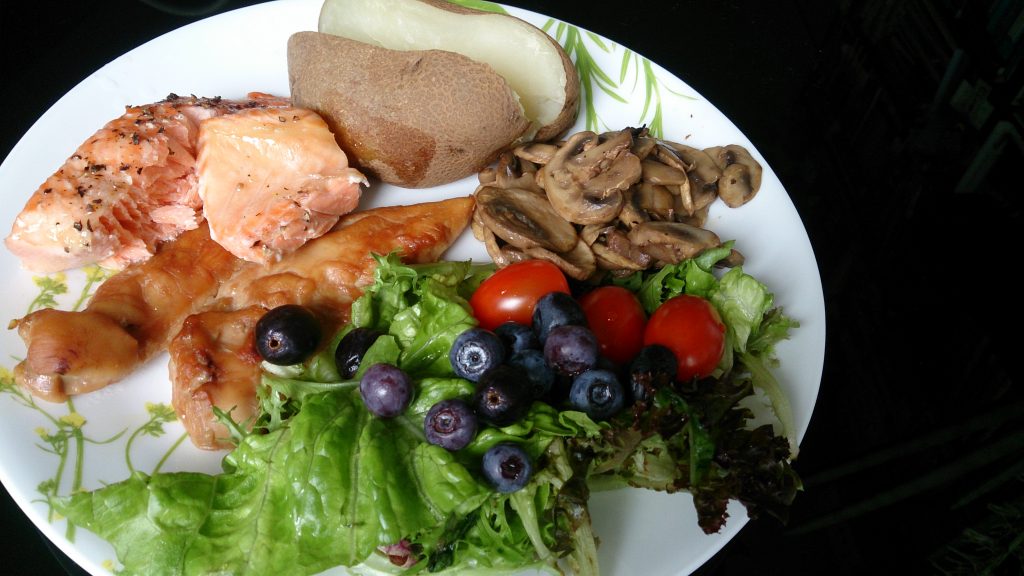
Bruce Springsteen said in an interview that the reason people still come to live shows is because there’s an element of spontaneity to it – no one knows exactly how it will go, and there are lots of variables up to chance. This excites the audience – they’ll get a once-in-a-lifetime experience! But, understandably, this can freak out the performers and crew. In addition to the steps I take that I talked about above, I also try to channel this nervous energy into “excited energy”. I think about all the great things that will come out of the performance: I can change someone’s mind, I can show someone something they’ve never seen before, and I’ll also get a once-in-a-lifetime experience.
I hope this post will help you make your next performance a great one!
by Halley Feaster

